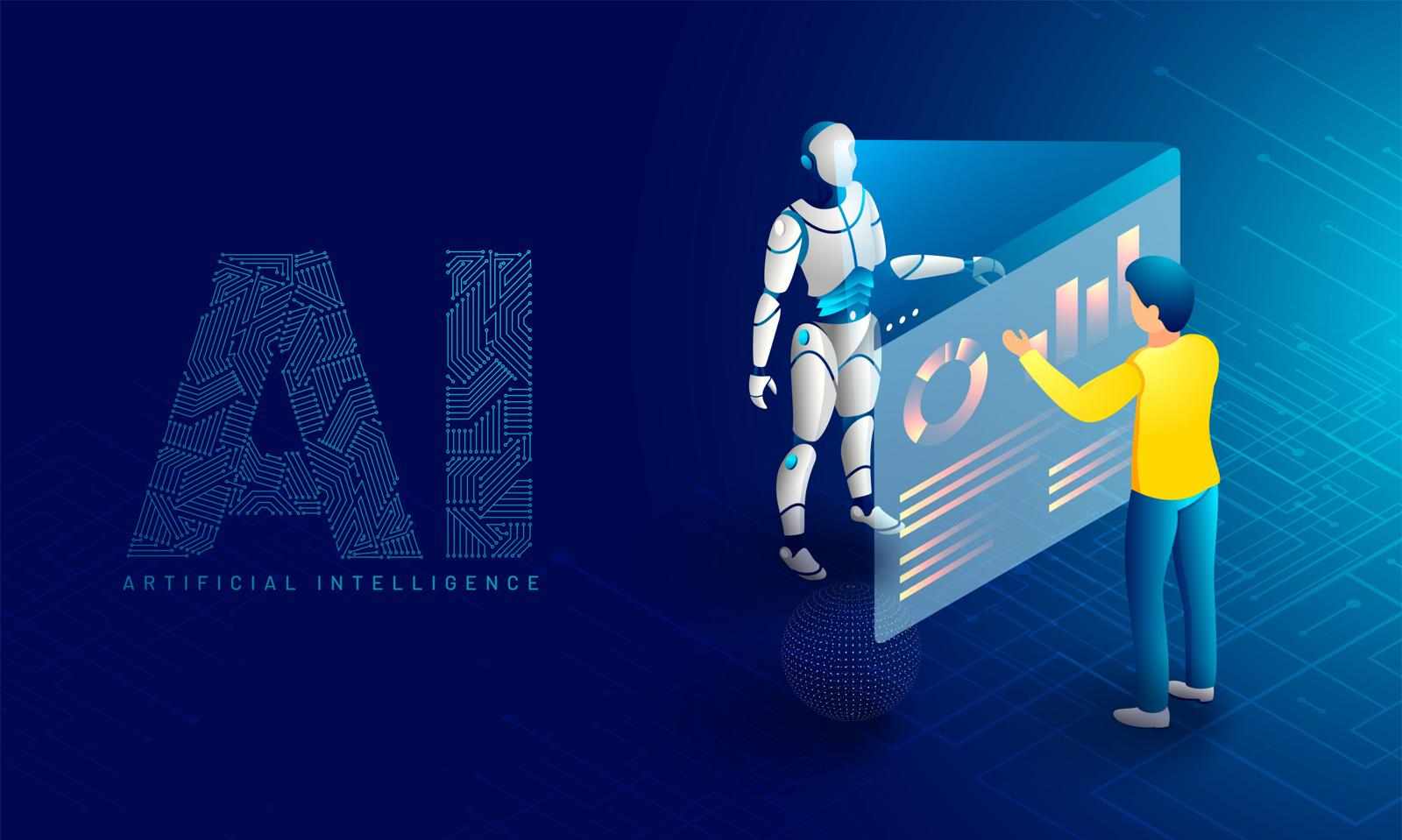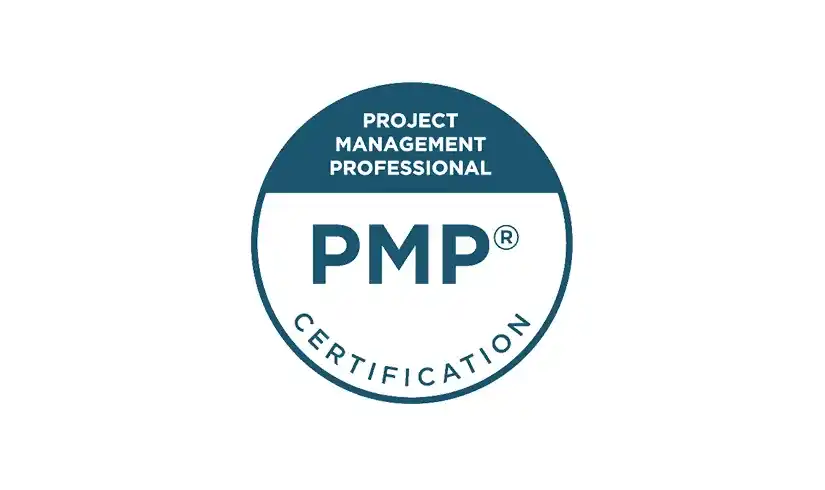
As digital transformation continues to reshape industries, healthcare stands out as a sector experiencing some of the most meaningful innovations. Artificial Intelligence (AI) has made inroads into many aspects of medical practice—from improving diagnostic accuracy to optimising patient care workflows. For students exploring a future in technology, understanding the intersection of AI and healthcare is now an essential part of career readiness.
AI in healthcare isn’t science fiction. It’s an active part of hospitals, clinics, and research labs, where algorithms assist professionals by analysing large volumes of data to support medical decisions. Knowing how AI works in this sensitive, high-impact field can empower students to build tools that enhance human expertise rather than replace it.
Current Uses of AI in Healthcare
One of the most practical applications of AI is in analysing medical images. Tools powered by deep learning are used to detect anomalies in X-rays, CT scans, and MRIs, often flagging early signs of disease that might be missed during manual review. These technologies support doctors rather than replace them, allowing for quicker, more accurate assessments.
Another valuable area is patient risk assessment. AI models can examine historical records, lab results, and behavioural data to identify patients who may be at high risk for chronic conditions. This kind of predictive modelling helps doctors intervene early, potentially preventing serious illness.
Digital health assistants are also gaining popularity. These systems help patients manage their health by providing reminders, answering basic questions, and offering guidance on minor symptoms. They’re particularly useful in rural or understaffed regions.
When students enrol in an AI course in Ahmedabad, they often work with such case studies to learn how machine learning techniques are adapted to clinical settings. These projects simulate real-world conditions and provide insight into how AI enhances decision-making in healthcare.
Key Skills for Students Pursuing AI in Medicine
To enter this field successfully, students need a balanced combination of coding proficiency, analytical thinking, and domain knowledge. Familiarity with Python is a must, as it's the most commonly used language in AI development. Libraries such as TensorFlow, PyTorch, and Keras enable the construction of powerful models without requiring students to build systems from the ground up.
Data handling is another vital skill. Medical data comes in diverse forms—numerical values, scanned documents, imaging files—and students must know how to clean, process, and use this information responsibly.
Moreover, ethical considerations are paramount. AI systems in healthcare must uphold fairness, transparency, and data privacy. Students should understand the consequences of biased data, as well as the legal regulations surrounding health information. A responsible developer doesn’t just build a working system—they build a trustworthy one.
An AI course that incorporates both theory and hands-on learning can offer learners a robust foundation. Exposure to ethical frameworks, real-world datasets, and collaborative tools enables students to apply their knowledge meaningfully in the healthcare space.
Why the Healthcare Sector Needs AI-Literate Professionals
Hospitals and healthcare systems around the world are facing challenges such as rising patient volumes, workforce shortages, and increased costs. AI technologies offer scalable solutions to ease these burdens, but these systems still rely heavily on skilled professionals for development and maintenance.
Students trained in AI can help design tools for faster diagnostics, smarter treatment planning, or more efficient patient management. However, working in healthcare requires more than technical expertise—it also demands empathy, clear communication, and the ability to work alongside clinicians.
By participating in internships, contributing to open-source health tech projects, or conducting AI research in healthcare, students can build portfolios that demonstrate both technical skill and social impact.
Conclusion
Artificial Intelligence is becoming indispensable in modern healthcare. From assisting in early diagnosis to managing hospital operations, AI offers tools that improve both patient care and system efficiency. For students hoping to contribute to this exciting field, developing technical know-how alongside ethical awareness is key.
A structured learning path, such as an AI course in Ahmedabad, can help learners gain hands-on experience with tools, datasets, and real-world applications. With the right mix of curiosity, skills, and social responsibility, the next generation of AI developers will be well-positioned to build technologies that genuinely improve healthcare outcomes.




Write a comment ...